KYTOS and I&V Bio collaboration an ‘important step’ toward bringing a microbial fingerprinting platform to global aquaculture
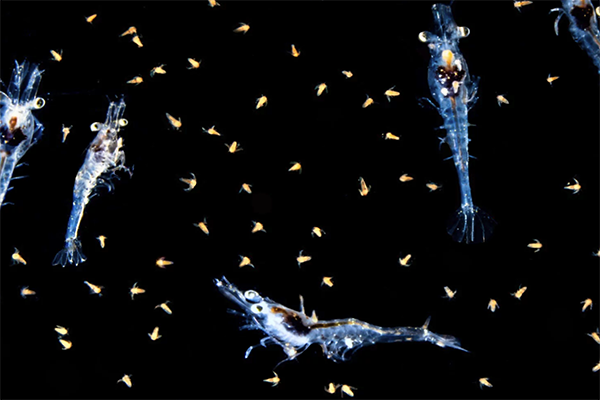
KYTOS and I&V Bio have launched a partnership to bring rapid sample logistics (I&V Bio) and local microbiome analysis (KYTOS) to six shrimp-producing countries (Thailand, Indonesia, India, Vietnam, Ecuador and Bangladesh). The collaboration will install local and independent KYTOS labs to serve aquaculture farms and hatcheries with “cutting-edge high-throughput” microbiome management tools.
“Shrimp aquaculture has largely been deprived of the benefits of new microbiome technologies and knowledge,” said Ruben Props, co-founder and CEO at KYTOS. “At KYTOS, we’re on a mission to change that status quo.”
KYTOS is a Belgium-based microbiome technology company developing microbiome management solutions. I&V Bio is a Thailand-based supplier that specializes in the daily and fresh delivery of its live feeds and solutions to the aquaculture industry. Almost a decade ago, I&V Bio’s founders started creating artemia-hatching facilities to scale up Artemia nauplii at a commercial level to reduce the burden on shrimp hatcheries. The partnership combines I&V Bio’s long-standing expertise in serving aquaculture clients with KYTOS’s novel microbial fingerprinting technology that brings a holistic view of aquaculture microbiome health.
KYTOS uses big data and artificial intelligence to reduce aquaculture’s unpredictability by creating practical tools that enable stakeholders to make informed management decisions to improve their farm performance. In water and animal treatments fields, KYTOS can “open the microbial black box” in aquaculture systems by using so-called “microbial fingerprints.” This assessment provides farmers with microbial health insights that empower them to take targeted actions to optimize animal health and production yields.
KYTOS’ technology can characterize most microbial life (fungi, bacteria and algae) in the water, sediment and shrimp of a pond. Functional indicators, devised using machine learning, connect these data to farm actions, such as biofloc formation, water maturation and algal blooms. This growing list of indicators will help aquaculture farmers to shift the focus from mitigating diseases to improved management of the microbiome in their systems.
“The need for improved health management and disease prevention is as critical today as ever,” said Frank Indigne, CEO of I&V Bio. “Effective biosecurity will always be key to boost the commercial viability and environmental responsibility of the shrimp farming industry.”
Vietnam has been selected as the first country where a central sample collection point – equipped with KYTOS’s automated microbiome analysis platform – will be established. The other countries will follow suit.
“This partnership is an important step to bring our microbial fingerprinting platform to the farmers across the world,” said Props. “By working closely with all stakeholders in the industry, we will create a unique opportunity to manage the microbiome together, for the benefit of the industry.”
Follow the Advocate on Twitter @GSA_Advocate
Now that you've reached the end of the article ...
… please consider supporting GSA’s mission to advance responsible seafood practices through education, advocacy and third-party assurances. The Advocate aims to document the evolution of responsible seafood practices and share the expansive knowledge of our vast network of contributors.
By becoming a Global Seafood Alliance member, you’re ensuring that all of the pre-competitive work we do through member benefits, resources and events can continue. Individual membership costs just $50 a year.
Not a GSA member? Join us.
Author
Tagged With
Related Posts
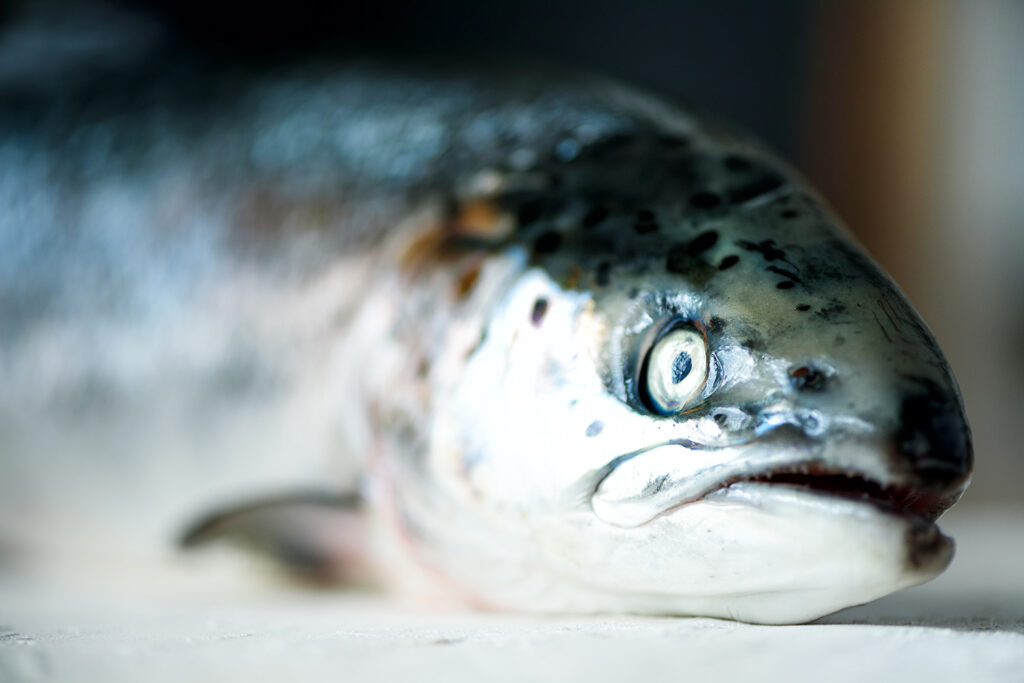
Innovation & Investment
‘Microbiome management’ gives RAS operator a foothold against off-flavor-causing geosmin
RAS operator puts proactive “microbiome management” approach in play to eliminate off-flavors and finds good results in lowering geosmin levels.
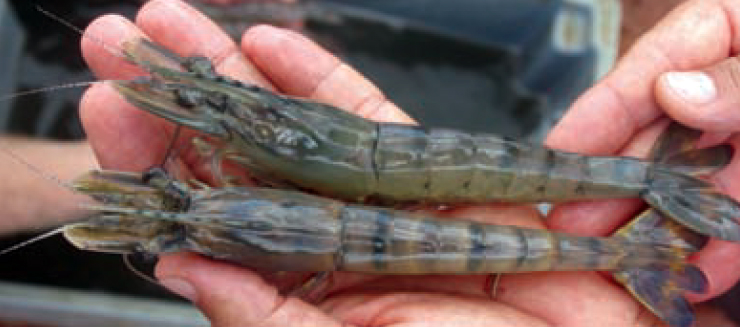
Health & Welfare
DNA fingerprinting: System for black tiger shrimp
Molecular markers can allow on-farm selection of high-performance families without the need to use costly alternatives such as separate rearing of families/ groups of families or tagging animals.
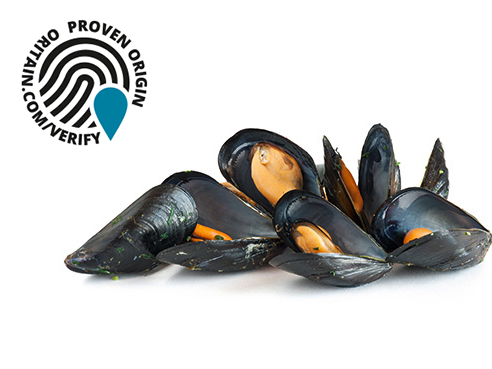
Intelligence
Can a ‘chemical fingerprint’ deter seafood fraud?
Because paper trails aren’t perfect, some food producers are going beyond written or digital records to prove their products’ authenticity and prevent economic fraud. Is farmed seafood a perfect fit for forensic-science traceability?
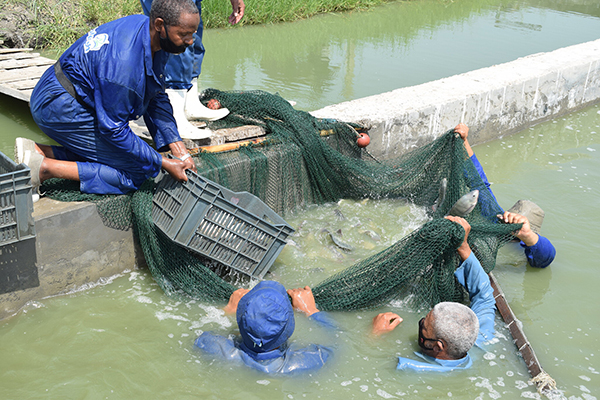
Innovation & Investment
WorldFish and KYTOS to collaborate on aquaculture microbiome research project
WorldFish and KYTOS are partnering on aquaculture microbiome research, particularly for carp polyculture and tilapia farming systems.



